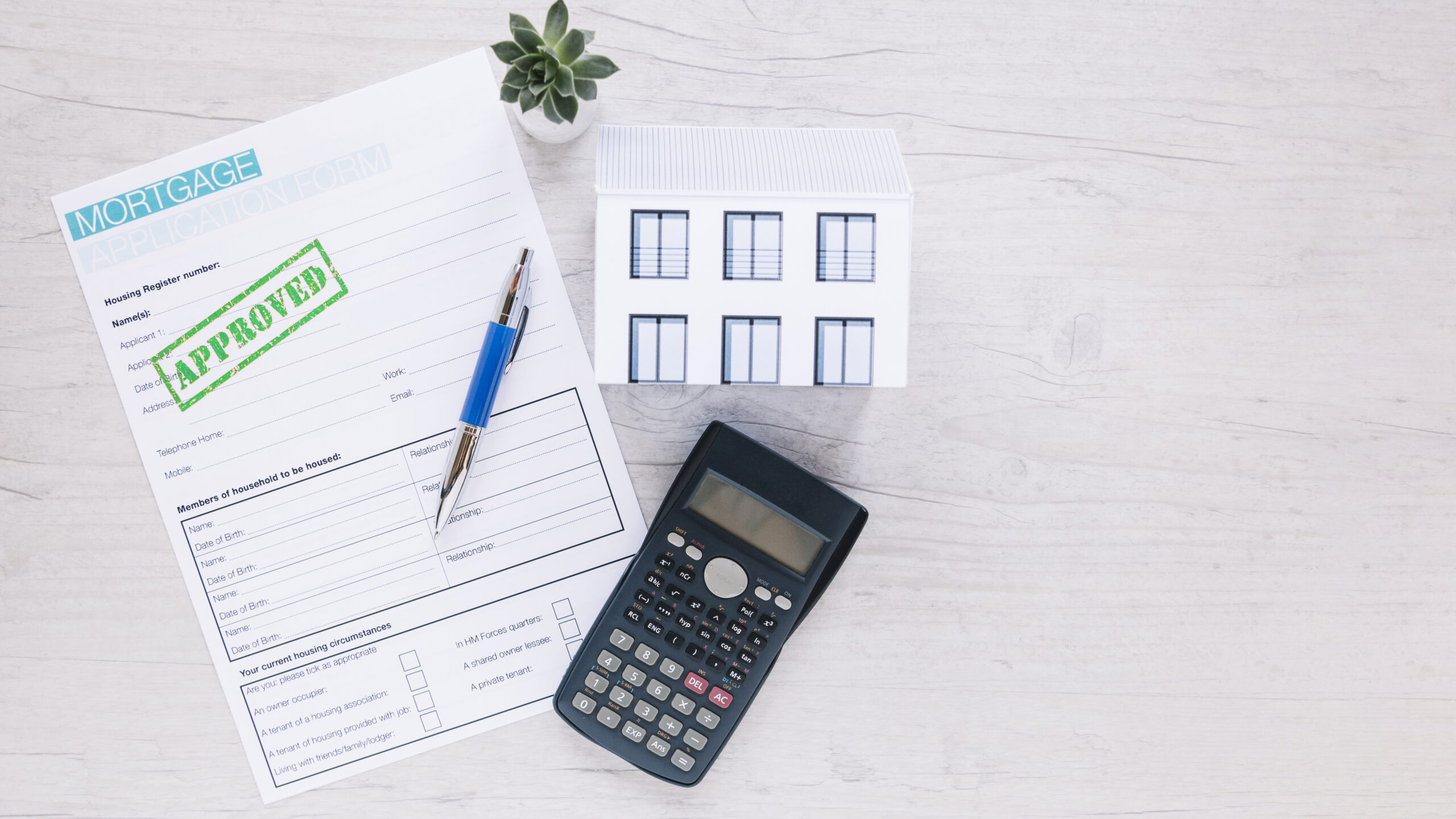The holiday season is a time of joy, celebration, and connection with loved ones. However, it’s also undeniably the most expensive time of the year. Between buying gifts, preparing holiday feasts, and planning travel, it’s easy to see your finances take a hit. If you’re working hard to save for your dream home’s down payment, the holiday season can feel like a major roadblock. But don’t worry—budgeting efficiently is the key to navigating this time of year without losing sight of your long-term financial goals. Follow these simple steps to keep your holiday spending under control while continuing to save for your home.
1. Plan for Extra Costs
While most people plan for the obvious holiday expenses—like gifts or decorations—it’s the hidden costs that often derail a budget. Wrapping paper, shipping fees for gifts, holiday meals, and hosting costs can quickly add up if you don’t plan for them.
Take a few minutes to list out everything you’ll need this season, including the small details that often get overlooked. Allocate a set amount for these extra costs and stick to it. By creating a more comprehensive holiday budget, you can minimize the risk of surprise expenses popping up later and eating into your savings.
Tip: Shop early for non-perishable holiday supplies, like wrapping paper and decorations, to take advantage of pre-season sales.
Still deciding on whether to buy or keep renting? Check out Renting vs. Buying: Making the Financial Decision That’s Best for You
2. Use Cash or Debit Instead of Credit
It’s tempting to rely on credit cards during the holidays, especially when unexpected expenses arise. However, this can lead to high-interest debt that sets you back in the new year, delaying your savings progress for your down payment.
Instead, aim to use cash or your debit card for holiday expenses. When you use cash, you’re more conscious of how much you’re spending because you physically see the money leaving your wallet. This method also eliminates the risk of accumulating interest fees on credit card balances.
If you must use a credit card for convenience or to earn rewards, make sure you’re disciplined about paying off the balance as soon as possible—preferably before your statement is due.
Tip: Keep a close eye on your credit card balance throughout the month and allocate funds in your budget to cover any charges immediately.
3. Set a Spending Limit and Stick to It
The key to keeping your budget under control during the holidays is setting a clear spending limit. Start by deciding on a total amount that you can comfortably spend without compromising your savings goals. Then break it down into categories like:
- Gifts
- Holiday meals
- Travel expenses
- Entertainment
Once you’ve determined your spending cap, stay committed to it. Overspending can feel tempting in the moment, but remember that every dollar you save now brings you one step closer to owning your dream home.
Tip: Use budgeting apps to track your spending throughout the season. Many apps allow you to create separate “holiday funds” that can help you stay on top of your goals.
4. Make a Gift List and Shop Smart
Gift-giving is a special part of the holidays, but it’s also one of the biggest financial stressors. Avoid impulsive purchases by creating a detailed gift list before you shop. Plan out who you’re buying for, what you’re gifting them, and how much you’re willing to spend per person.
Once you have your list, take time to search for sales, discounts, and online deals to get the most value for your money. Many retailers run holiday promotions throughout the season, so keep an eye out for opportunities to save.
Tip: Consider alternative, thoughtful gifts like handmade items, baked goods, or experiences instead of expensive store-bought presents.








